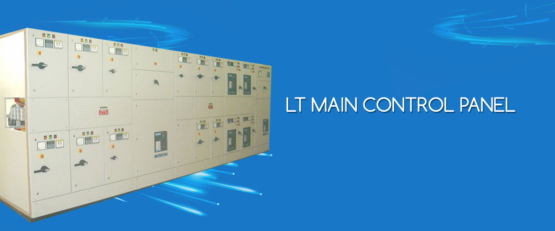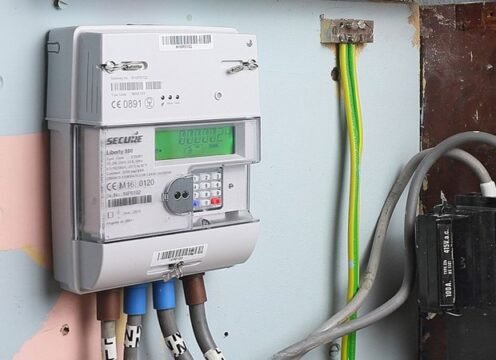- You have no items in your shopping cart
- Continue Shopping
Understanding Ring Main Units:
A Ring Main Unit is a specialized type of switchgear designed for medium voltage networks. Consisting of a combination of switch disconnectors, fuses, and circuit breakers, RMUs are enclosed in robust metal casings, offering a compact and integrated solution for the distribution of electrical power. The key characteristic that defines an RMU is its ability to form a ring-like network configuration, allowing for continuous power supply even in the event of a fault.
Key Features and Components:
- Compact Design: RMUs are renowned for their space-saving design, making them ideal for installation in urban environments and locations with limited space availability.
- Modularity: The modular construction of RMUs provides flexibility in configuration, enabling easy customization to meet specific project requirements and adapt to evolving electrical needs.
- Reliability: Engineered with precision and using high-quality materials, RMUs ensure a reliable and consistent performance, contributing to the overall reliability of the power distribution network.
- Remote Monitoring: Many modern RMUs are equipped with advanced monitoring and communication capabilities, allowing for remote surveillance of the unit’s status and performance, enhancing overall operational efficiency.
Applications of RMUs:
- Urban Distribution Networks: RMUs find widespread use in urban areas where the distribution network often adopts a ring configuration, ensuring uninterrupted power supply to residential, commercial, and industrial consumers.
- Industrial Complexes: In industrial settings, RMUs play a critical role in managing and distributing power efficiently to different sections of the facility, contributing to increased operational reliability.
- Renewable Energy Integration: As the demand for renewable energy grows, RMUs play a crucial role in integrating solar and wind power into the grid, providing a reliable link between conventional and sustainable energy sources.
Advantages of RMUs:
- Enhanced Reliability: RMUs contribute to the reliability of power distribution systems by facilitating quick and effective fault isolation, minimizing downtime, and ensuring continuous power supply.
- Safety: The enclosed design of RMUs enhances safety by preventing accidental contact with live parts, protecting both personnel and equipment from potential electrical hazards.
- Ease of Installation: The compact design and modular nature of RMUs make them easy to install and integrate into existing networks, reducing installation time and costs.
- Minimal Maintenance Requirements: RMUs are designed for minimal maintenance, providing a cost-effective and low-hassle solution for long-term operation.
Conclusion:




